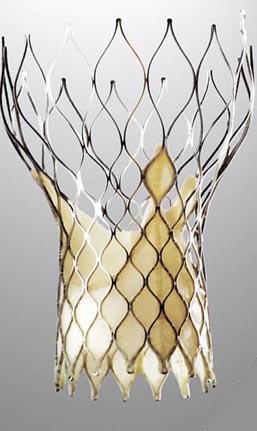Latest News Archive
Please select Category, Year, and then Month to display items
![]()
#UFSupdate (18 March 2020): UFS IMPLEMENTS MEASURES TO MINIMISE RISK OF COVID-19 TO STAFF
STATEMENT BY PROF FRANCIS PETERSEN, RECTOR AND VICE-CHANCELLOR
The executive management of the University of the Free State (UFS) welcomes the announcement of Dr Blade Nzimande, Minister of Higher Education, Science and Technology on 17 March 2020 that all post-school training institutions will have an early recess, starting on 18 March 2020. The Minister’s directive that universities should minimise risk of COVID-19 to all its staff during this time is also welcomed.
The announcement of Dr Nzimande is in line with the university’s decision on 16 March 2020 to suspend the academic programme as from 17 March 2020 and to resume it again on 14 April 2020.
It is important for us all to know that this is not business as usual, and that different thinking is required. Responsible citizenship is one of the crucial elements the world has increasingly been experiencing for the past few weeks. This is why we must act out our responsibility towards one another by focusing on ways in which social distancing can be achieved – especially during this low-risk period that South Africa is still experiencing. This is one of the reasons that informed the university’s decision on 16 March 2020 week to suspend the academic programme and also for students to vacate the residences by 20 March 2020.
The health and well-being of our staff members are equally important. The university’s Employee Task Team that was established on 16 March 2020 analysed options for the continuation of university operations during the recess period. These options were submitted to the executive management, discussed with the Chairperson of the UFS Council and approved on 18 March 2020.
Staff members who have children at school and pre-school may work from home on 19 and 20 March 2020. For the period 23 March 2020 to 13 April 2020, the number of staff members present on all three campuses will be reduced to a minimum and staff members may be allowed to work from home where practically possible.
Arrangements have been made to accommodate those staff members who are performing services which cannot be done from home (such as cleaning, gardening, maintenance, sports, etc) in a flexible and reasonable way. Similar arrangements will be made with office-based support services staff, prioritising institutional needs and based on humane and personal circumstances. Academic staff have been requested to ensure that the online learning materials are finalised and made available for the online learning platform.
The decision for employees to work from home is based on the premise that all employees are deemed to be at work from 23 March 2020 to 13 April 2020. This requires staff members to be available and contactable by line managers at all times during the university’s normal working hours.
I am comfortable that these measures will alleviate the concerns from our staff regarding the spreading of COVID-19 and the risk to themselves without compromising university operations.
Prof F W Petersen
Rector and Vice-Chancellor
University of the Free State
UFS Doctors make History in South Africa
2011-07-14
|

|
| New aortic valve |
Three members of our Faculty of Health Sciences made history by being the first to implant a special new aortic valve in South Africa.
In a combined effort, the Departments of Cardiology, Pediatric Cardiology and Cardiothoracic Surgery did the first Medtronic CoreValve implant in South Africa on a patient in Universitas Academic Hospital.
With the support of hospital management and the Medtronic company, Prof. Hennie Theron, Prof. Stephen Brown and Dr JP Theron of the Faculty of Health Sciences, with the assistance of Dr Jean-Claude Laborde, performed the operation early on Wednesday morning, 06 July 2011.
The advantage of this new valve is that it can be implanted percutaneously through a catheter from the groin. This eliminates the need for invasive surgery.
The valve is made from porcine pericardium (tissue derived from pigs) and is mounted on an expandable stent, which is threaded along an artery, until it reaches its desired position. Prof. Theron says the valve is especially useful in older patients who suffer from aortic valve disease and pose a high surgical risk. Furthermore, the use of this valve greatly reduces hospitalisation time, in comparison to traditional surgery.
“One patient already received an implant this morning and we hope to finish 2 more today,” Prof. Brown said, emphasizing the swiftness and efficiency of the new valve implanting process.
“It is a complex procedure, but this service can in future be offered to all patients in the public and private sectors of the Free State. It is heartwarming that the academic complex can take the lead in this modern, high-tech therapy.”
For more information on the procedure, please contact Prof. Theron at 051 4053428.